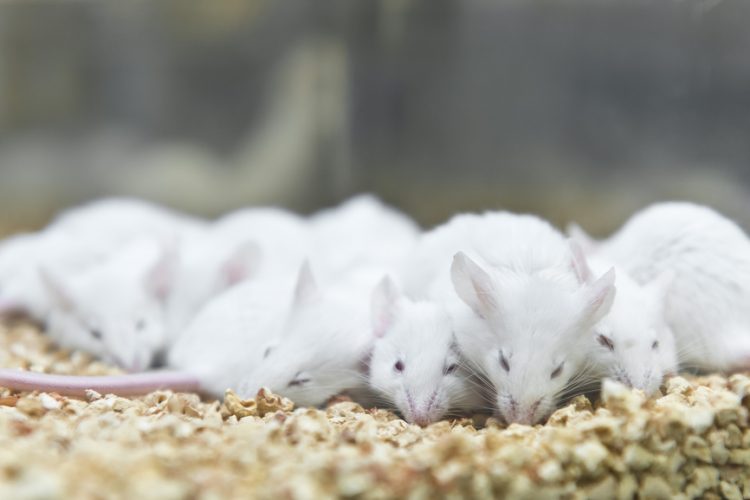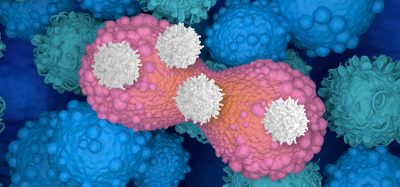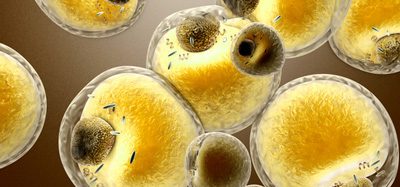Drug compound used to overcome chemotherapy resistance in mice
Posted: 17 April 2020 | Victoria Rees (Drug Target Review) | No comments yet
Researchers testing 2-deoxy-D-glucose in mouse models of ovarian cancer report that the compound significantly improves the effectiveness of the chemotherapy drug, carboplatin.


An international research team has discovered that chemotherapy resistance in an ovarian cancer subtype can be overcome in mice by using low doses of a drug which slows cell growth.
Led by scientists from Mater Research – The University of Queensland, Australia, the researchers found that 2-deoxy-D-glucose could be used at very low levels to significantly improve the effectiveness of the chemotherapy drug, carboplatin, in treating laboratory models of clear cell ovarian cancer.
According to the team, their work provides the rationale for a clinical trial to evaluate the use of low-dose 2-deoxy-D-glucose in treating patients with this type of cancer.
“The key finding from our study is that low levels of 2-deoxy-D-glucose markedly improved the efficacy of carboplatin against pre-clinical models of this ovarian cancer. Our pre-clinical work used cells taken from patient tumours, so we were very encouraged that we could use such a low dose of 2-deoxy-D-glucose to overcome resistance to chemotherapy in this cancer and stop tumour growth. This drug has been trialled previously in other cancers, but we were able to use a 10-fold lower dose than previously reported so that it’s safer for patients and is less likely to cause side-effects,” said principal investigator, Professor John Hooper, from the Translational Research Institute (TRI), Australia.
The authors of the study explain that this method disrupted the tumour from utilising glycogen in both chemo-sensitive TOV21G and chemo-resistant OVTOKO cell lines.
The team is hoping to begin trialling the treatment combination in patients within the next 12 months.
The results were published in Cancers.
Related topics
Chemotherapy, Drug Targets, Oncology, Research & Development, Target Molecule
Related conditions
Ovarian cancer
Related organisations
Queensland University, Translational Research Institute (TRI)
Related people
Professor John Hooper








